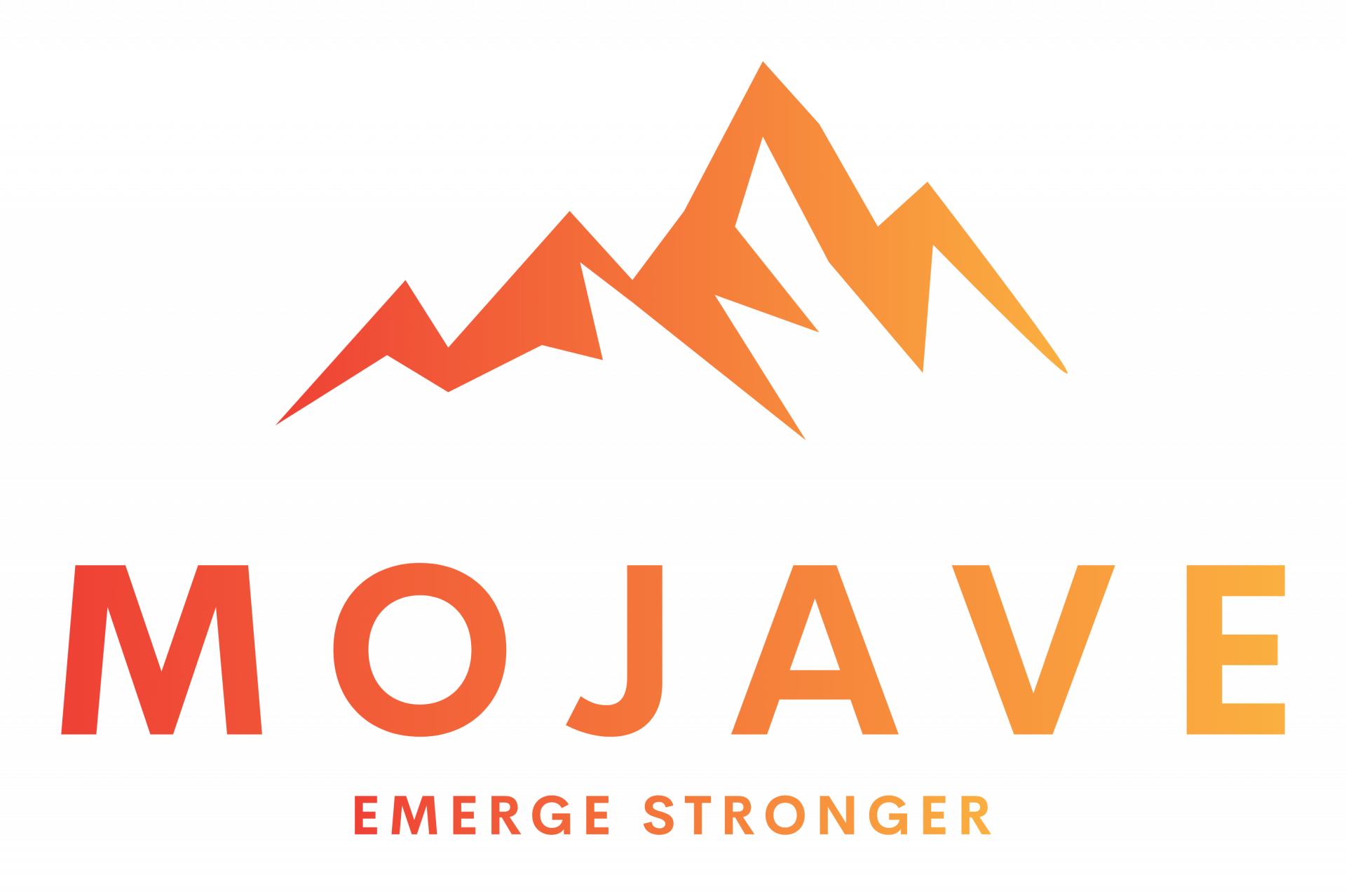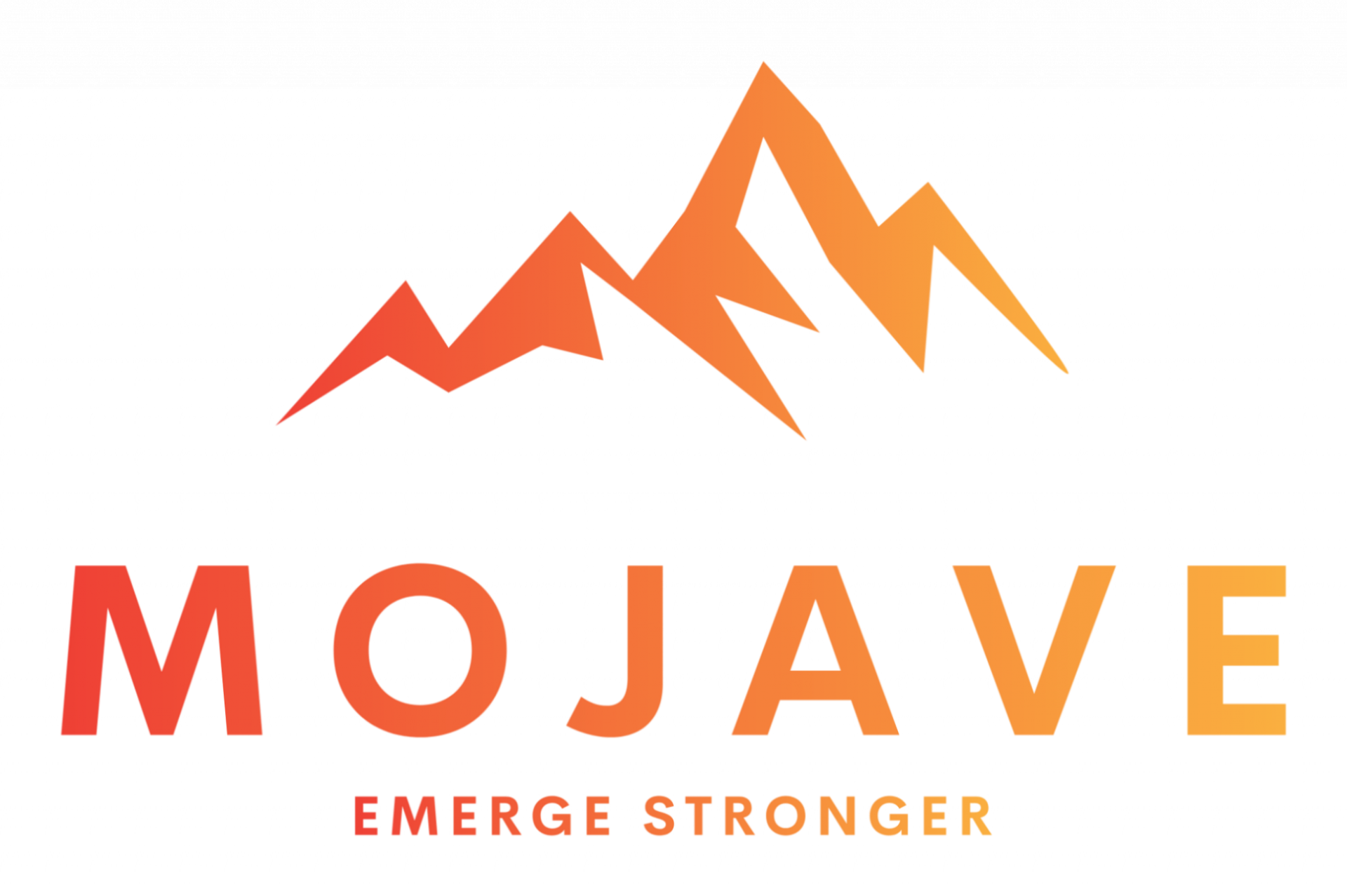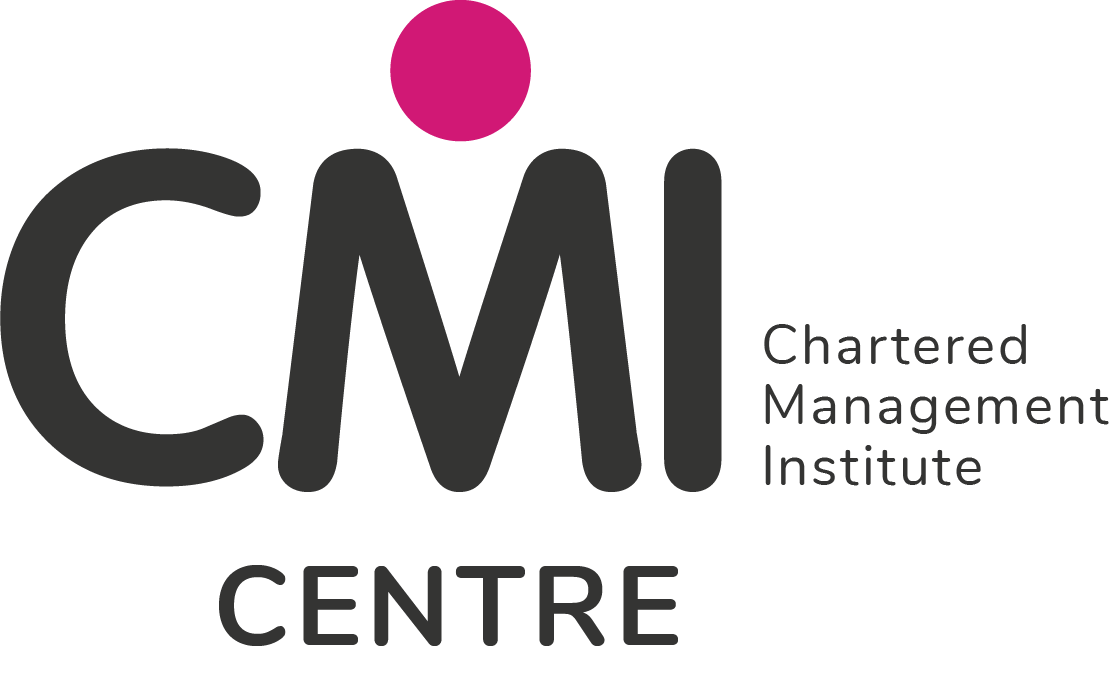Ethical Leadership
Feb 9
/
Nick O'Sullivan MBE
The Post Office Scandal: A Wake-Up Call
In early 2024, the UK was rocked by revelations surrounding the Post Office, a beloved institution with over 300 years of history. This scandal unveiled the wrongful prosecutions of over 700 individuals for crimes they didn't commit, highlighting a grievous lapse in ethical judgment. Lives were shattered as people were unjustly separated from their families, faced public disgrace, and some tragically took their own lives.
A Pattern of Ethical Oversights
The sad thing is that this incident is far from isolated. History is littered with other examples, from Du Pont's environmental negligence to Facebook's disregard for mental health impacts, knowing it’s algorithm meant that many young minds were subjected to content that harmed their mental health, in some cases leading to self-harm and even suicide. Sadly there are many, many more besides. The corporate world is rife with examples that have made headlines for being high profiles cases of profit trumping principle.

The Du Pont scandal is set out in the enthralling film, Dark Waters. Well worth a watch to remind ourselves of the damage unethical leadership can do (Credit: Participant, Killer Films, Willi Hill)
What concerns me, having encountered challenging work environments myself, is the near certainty that these significant failures of leadership are built upon foundations, established over often considerable lengths of time, in which there have been countless smaller failings.
And these smaller failings – although not perhaps headline worthy – can be both just as damaging to individuals, impacting their mental and physical health and poisoning their relationships beyond the workplace, as well as setting the conditions for the instances that do subsequently make the headlines. By then of course, the damage is profound, and the trauma often irrecoverable.
Personal Encounters with Toxicity
Between 2016 and 2017, I endured a work environment that severely affected my mental well-being and, by extension, my family's life. This toxicity wasn't confined to office hours; it was a constant, looming presence, in an ‘always on’ culture. And though some might label me a disgruntled employee, I have tried to be objective in assessing the validity of such a view of my account – ‘Am I just a disgruntled employee?’ However the fact that I know I'm not alone in my experiences, or my perspective as to their cause, leads me to have a high degree of confidence in my conclusions being accurate – it was a toxic environment resulting from toxic leadership.
During that period I would often do my utmost to promote the course of action I felt was right, knowing I risked – if not expected – to incur the wrath of the leadership team and all that would entail. It was both bruising and exhausting.
Only a few years later, in 2019, having changed career to try and ensure I had more control over my environment, I believe came very close to a nervous breakdown. In this instance it had become increasingly apparent that the values and culture of the organisation I had joined was nothing like the one they had claimed it to be. The resulting behaviours and attitudes I was exposed to, and their impact on working practices and ultimately my financial fortunes, made life extremely hard and stressful (so much so that the thought of a client meeting stretching to a second round of coffees would fill me with dread and thoughts as to what the family may need to drop from the weekly shop).
I had left the military to provide a better life for my family. Two years on, and we were at rock bottom. I felt I was letting my family (now with an extra child in it) down hugely. I had to succeed, and do so in a way which I felt was ‘right’. But was that even possible in the environment I found myself in?

The realisation that something had to change came in February 2020, when in finding myself battling insomnia at four o’clock in the morning, I decided to go for a walk, in my PJ’s and Crocs, with an umbrella, in sideways rain, around the village green. That’s when I realised that this situation was not right and could not continue. I made the decision then and there to go back to earning £0 per month and build my way back up in a new, healthier, more sustainable environment.
My point is this: While it is the big cases of poor leadership that hit the headlines, the many, many incidents at a smaller scale are just as damaging to people, and they can be insidious.
Anyone can talk a great game on leadership, as my toxic boss did, it is clearly harder to do in practice. Yet this is a nettle we must all grasp if we are to do deliver the most critical purpose of a leader – serve and protect those we lead.
If we are to improve things, ethical leadership must become a core and conscious pillar of addressing the issue.
The Quest for Ethical Leadership
What then constitutes ethical leadership? The answer isn't straightforward, because what is ethical to one person may be unethical to another.
However, there are some simple guiding principles that can steer us to some pretty certain ground. A simple test might be to ask: Who benefits from this decision? If it's the people or the environment, you're likely to be there or there abouts.
In contrast, The Post Office scandal where business reputation was prioritised over human dignity (in some cases it even over logic and reason), starkly illustrates the consequences of getting this balance wrong.
To put it simply, Ethical Leadership is leadership which considers the existential needs of living entities above the ‘P&L’ or ‘balance sheet’ needs of an entity which exists primarily on paper.
Now, I’m also a pragmatist and a business person. So even I recognise that sometimes it can be hard to differentiate the needs of some people from the needs of the business. For example:
‘If the business does this, it will massively impact and we’ll have to make people redundant.’ Or,
‘If the business does this, everything I have worked for over the last twenty years will be ruined and I’ll have hugely set myself and may family back’.
Yes, of course these things will negatively impact people too – either those within the business or the individual or family members of those who built it. But people made redundant can find new work. Business owners who built a business once, can do so again.
However, people who become a recluse, depressed, have marriages and relationships with their children break down, may never recover the years that they lose. Their cost is greater than the cost of others. And so leaders have to objectively weigh up what the ‘least bad’ option is – not just for them personally, but for all people impacted by the decisions they make.

Ethical leadership requires an ability to make decisions with the knowledge of the impacts on others and without bias
Courage and Conviction
Ethical leadership demands courage — the courage to stand up for what's right, even when it's unpopular or risky.
Field Marshall Slim, perhaps my most inspiring leader from history, once said “one must never be too afraid of losing ones job”. This resonates deeply with me; it’s one of many great truisms he said. His point relates to the fact that the moment we put keeping our job, or preserving our business above the needs of others, we lose the objectivity required to make the best possible decisions. Our own job security must, if we are to be able to be ethical leaders, come behind doing the right thing for those stakeholders we are leading. That is the price we must be prepared to pay for the privilege of leadership.
Field Marshall Slim, perhaps my most inspiring leader from history, once said “one must never be too afraid of losing ones job”. This resonates deeply with me; it’s one of many great truisms he said. His point relates to the fact that the moment we put keeping our job, or preserving our business above the needs of others, we lose the objectivity required to make the best possible decisions. Our own job security must, if we are to be able to be ethical leaders, come behind doing the right thing for those stakeholders we are leading. That is the price we must be prepared to pay for the privilege of leadership.
And so yes, ethical leadership takes courage. The courage to make a stand which may displease others, but which enables us to ‘do the right thing’ regardless of the displeasure of powerful people.
Cultivating an Ethical Culture
I studied sociology at A-Level and later at University. One thing that has increasingly fascinated me over the years, is the observation that we are all enthralled by stories of huge, pivotal, inspirational (or abhorrent) instances of leadership. Where the impact is so ‘stand out’ and significant for the obvious and immediate impact it has. These are the leaders that get all the attention. Perhaps deservedly so.
And yet, what I have experienced, and observed in my career, is that any such great, singular moments of leadership are built on foundations made of thousands if not millions of other, much smaller interactions.
Ethical leadership isn't just about making grand gestures; it's built on the multitude of small, everyday interactions that shape an organisation's culture. Policies and values mean little if daily behaviours undermine them.
It's in the small moments — calling out inappropriate behaviour, not accepting poor work, not signing things off without proper scrutiny — that ethical cultures are forged.
The impact of failing to ‘lead every day’
When these things aren’t imbued in an organisation by its leadership, then the standard that is established is one that falls short of the standard that should exist – the ethical standard, the one that puts people first. This ‘falling short’ then creates a ‘gap’. This is a gap that must be bridged in order for ‘the right thing to do’ to become ‘the thing that is done’. If it is not, the ‘that’s just how we do things around here’, the standard that falls short, prevails. And people can be harmed.
The big scandals occur when the gap between the ‘norm’ that has been established, as part of the organisational culture, and the ethical action required to be taken is too great to be bridged. Scandals occur where the culture leads to ‘group thinking’, and cognitive dissonance has too great an impact to enable such a gap to be bridged by the individuals within an organisation. That’s when, no matter the evidence, terrible outcomes can be justified and positioned in such a way that is acceptable to the culture that has been established – as ‘wide of the mark’ as that may be.
For any one individual to bridge this gap, to speak up, against the prevailing expectations and ‘norms’ of the organisation, requires a huge amount of courage. It can also be immensely bruising and hard to sustain.
Organisations that rely on having such courageous and resilient individuals in place to ensure they do the right thing, are setting themselves up for failure – and potentially a very public one. It is an unfair thing to ask. And it is exceedingly poor leadership to build such dependencies in by design, a lack of thought, or inaction.
How to produce ethical leadership
I know of some of the hardships in dealing with poor, unethical leadership because I have experienced it to some degree. I’ve faced aggression and isolation for challenging the status quo. Believe me, it takes a toll on one's well-being. Yet, it is as a result of my own experiences, and constantly encountering others who have also suffered, that I believe it's essential for leaders to build resilience and prepare for these challenges (in the hope they never encounter them) by starting with smaller ethical decisions.
Here are my three key points to consider when it comes to enabling ethical leadership:
1. Ethical Vigilance
To prevent future ethical lapses, we must continually evaluate our priorities and decisions. Asking ourselves who we are benefiting, whether we are acting out of fear, and if we are overlooking unethical practices, are crucial steps in maintaining ethical integrity. By fostering a culture that is used to asking such candid questions, that expects and celebrates doing the right thing, we can ensure that when faced with significant ethical dilemmas, the choice to act correctly is not just expected but ingrained.
2. Start Small, Impact Big
If you aspire to embody Ethical Leadership, remember that significant change starts with small actions. By setting a personal example of integrity and accountability, we can inspire others and cultivate an environment where ethical leadership thrives. If you demonstrate that your leadership means being willing to ‘take a hit’ for the greater good, then you encourage others to equally prioritise doing the right thing, and set the expectation that others should be equally selfless. You start building a culture that is ready, even expects, to do the right thing as the ‘norm’.
By dealing with smaller incidents in an ethical way, we also prepare yourselves as best we can for the resilience we may well need. Even calling out small incidents of poor behaviour or decisions can invoke a level of displeasure that we need to be able to deal with. The sooner we get used to dealing with such emotions, the sooner we prepare ourselves to make a stand for the bigger issues when required.
3. Don’t be alone
In confronting unethical practices, the support of like-minded individuals is invaluable. During my most challenging times, confiding in and gaining support from colleagues provided the strength I needed to persevere. This solidarity is crucial in sustaining ethical leadership.
Having someone with whom to share the burden, meant it didn’t weigh quite as heavily upon me, and I could sustain myself for longer. Exercising Ethical Leadership against the prevailing winds can, sadly, be a long and wearing task.
Having someone with whom to share the burden, meant it didn’t weigh quite as heavily upon me, and I could sustain myself for longer. Exercising Ethical Leadership against the prevailing winds can, sadly, be a long and wearing task.


Please contact me!
Please get in touch with more information about the Mojave Strategy Expedition Programme, and show me how my organisation can emerge stronger.
Thank you!
Karen Goldring FCIPD
Karen had an extensive and hugely successful career in strategic HR before becoming a leadership coach. From rapid growth SMEs to large global corporates, Karen has gained immensely valuable insights and a thorough understanding of what it takes to make people and their teams high performing. She has particular experience working within fast paced tech companies.
A qualified Insights Practitioner - one of the leadership models we wholly rate here at Mojave due to its pragmatism and relevance to lived experience - Karen offers teams and their members the ability to really understand themselves and each other. From the informed start point that results from the Insights process, Karen will work with you to identify the objectives that matter most to you and your organisation, and ensure you get there.
Click below to learn more about Karen and whether she’s the right kind of coach for you..
Piers Mummery
He has
built, grown, sold, bought funded and capitalised a whole range of businesses,
and he’s learned loads in the process. One of the things he’s learned is
that he loves helping others do the same.
As he says on his website, there are no magic answers, but applying a few basic fundamentals well, consistently and in the right way for you and your business is key. And it’s that acknowledgement that the right way will vary for each of us that means we are proud to work with Piers as a coach who is totally aligned with our own values and philosophy.
As he says on his website, there are no magic answers, but applying a few basic fundamentals well, consistently and in the right way for you and your business is key. And it’s that acknowledgement that the right way will vary for each of us that means we are proud to work with Piers as a coach who is totally aligned with our own values and philosophy.
Click below to learn more about Piers and whether he’s the right kind of coach for you..
Rachel Smith
Formerly an architect, Rachel herself began to realise that she could process and articulate her own ideas far more effectively through visuals. What began as a process to enable her to be more effective in her own career soon evolved into a process that could help others exceed in theirs.
As an accredited executive coach and visual thinking teacher, Rachel’s incredible skills enable her to draw the thoughts and ideas her clients articulate. Being able to ‘see what you say’ as you work through each session can be incredibly powerful in enabling you to identify new connections or blockers that can otherwise remain hidden.
Click below to learn more about Rachel and whether she’s the right kind of coach for you..
Write your awesome label here.
Notify me!
When the next series of Leading People online workshop dates are released.
Thank you!
Leading Operations
Thank you!
Write your awesome label here.



